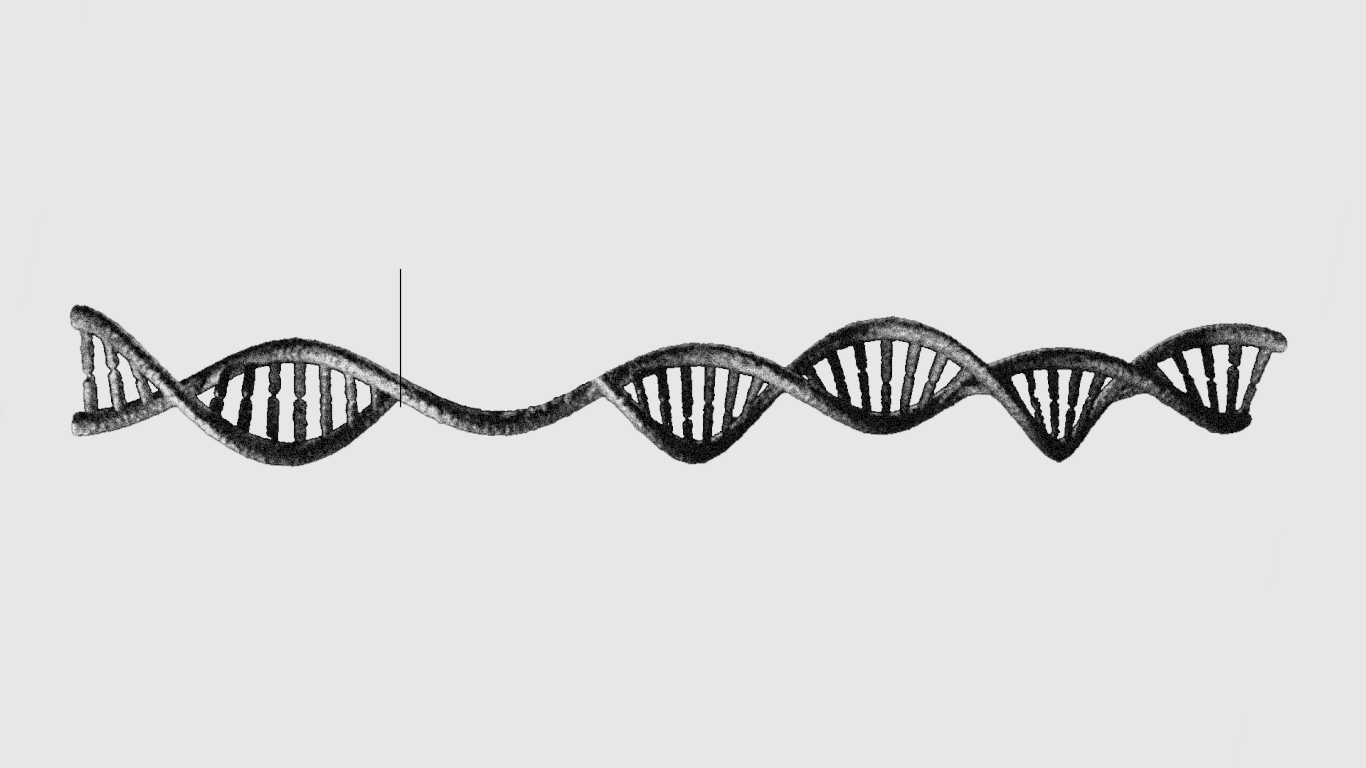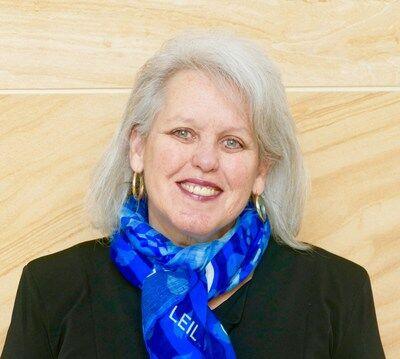Two massive clouds of dust in orbit around the Earth have been discussed for years and finally proven to exist.
Category: science – Page 88

Xi stresses advancing development of quantum science and technology
President Xi Jinping, also general secretary of the Communist Party of China (CPC) Central Committee, has stressed the importance and urgency of advancing the development of quantum science and technology. Xi made the remarks while presiding over a group study session of the Political Bureau of the CPC Central Committee on Friday. Quantum mechanics is a fundamental theory which has been used successfully in explaining microscopic phenomena in all branches of physics. Experts believe the whole world is on the brink of a quantum revolution. Xi noted that China has made breakthroughs in some of the key areas, but still faces multiple challenges. He stressed the need to develop self-reliant technology in order to secure a stable supply chain. More support should be given to the industry in areas including development policy, talent recruiting, academic environment and so on, said Xi.

Episode 20 — The Case for a Lunar Science Moon Rush
Hugely informative and surprisingly candid new Cosmic Controversy episode on why the Moon is so crucial to our collective space future with Notre Dame Planetary Geologist Clive Neal. Well worth a listen.
Notre Dame Planetary Geologist Clive Neal stops by the podcast for a terrifically candid discussion of why the Moon has to be the first stop en route to Mars. We talk about why the Moon holds the key to the new Space Economy; the prospects for NASA making its 2024 Artemis mission deadline; and, why lunar samples are still being analyzed 50 years hence. Why more lunar samples and lunar seismometers are keys to understanding our inner solar system. And why it’s imperative that we revisit the Moon in a permanent way if we are ever to make Mars our own. We also mull over the politics of all of this three weeks away from a pivotal presidential election.

Science on Facebook Watch
This artificial spiderweb mimics the elasticity, adhesion, and tensile strength of spiderweb silk and, with the capacity to self-clean and sense objects, can even replicate some spiderweb features that rely on the behavior of spiders themselves.
Read more about the research Science Robotics:
🕸https://fcld.ly/wsnulle
🕸https://fcld.ly/rvgs2ub

Synthetic biology brings the hard science of engineering to the basics of life
Synthetic biology startups raised some $3 billion through the first half of 2020, up from $1.9 billion for all of 2019, as the field brings the science of engineering to the art of life.
The big picture: Synthetic biologists are gradually learning how to program the code of life the way that computer experts have learned to program machines. If they can succeed — and if the public accepts their work — synthetic biology stands to fundamentally transform how we live.
What’s happening: SynBioBeta, synthetic biology’s major commercial conference, launched on Tuesday, virtually bringing together thousands of scientists, entrepreneurs, VCs and more to discuss the state of the field.

National Math and Science Initiative Appoints First Chief Development Officer
DALLAS, Sept. 29, 2020 /PRNewswire/ — The National Math and Science Initiative has named veteran fundraiser Laure O’Neal as its first chief development officer, charging her and a restructured fundraising team with diversifying the organization’s funding sources.
NMSI was founded in 2007 with generous support from the ExxonMobil Foundation, Texas Instruments Foundation and other corporate and philanthropic organizations. It continues to receive financial support from those and other organizations and is expanding its fundraising to more quickly reach additional students, teachers and school systems across the country.
“Laure brings two decades of experience in connecting corporate, foundation and individual givers with academic institutions and other organizations that support individuals and communities,” said NMSI CEO Bernard A. Harris, Jr. “I’m excited about the energy and expertise Laure brings to secure new support to reach more communities with our programs.”

Saskatchewan Celebrates Science During Global Biotech Week with Online Events and Activities
From the Science of Beer to learning about the benefits of GMOs; Saskatchewan is celebrating science with exciting online events and activities that showcase the province’s bioscience sector. Ag-West Bio, Saskatchewan’s bioscience industry association, coordinates events with the help of a local committee.
Ag-West Bio President and CEO Karen Churchill says amid the COVID-19 pandemic, biotechnology is in the spotlight. “Saskatchewan organizations in our research cluster have joined the global effort to develop vaccines as well as preventative and treatment solutions to deal with the virus. As a community, we should take note of the achievements of our local scientists and companies. Global Biotech Week gives us an opportunity to give them a (virtual) pat on the back!”
The Government of Saskatchewan and the Cities of Regina and Saskatoon have proclaimed September 28 to October 4 as Global Biotech Week.

Data Science to Accelerate Drug Discovery with Artificial Intelligence and Machine Learning, Says Frost & Sullivan
Frost & Sullivan’s recent analysis, Data Science Impacting the Pharmaceutical Industry, finds that data science tools are promising technologies transforming drug discovery costs, speed, and efficiency. When combined with other emerging tech areas, artificial intelligence (AI) technologies move…
Pharmaceutical companies and hospitals are adopting data science rapidly, and its application is going to be established in all branches of healthcare
SANTA CLARA, Calif., Sept. 29, 2020 /PRNewswire/ — Frost & Sullivan’s recent analysis, Data Science Impacting the Pharmaceutical Industry, finds that data science tools are promising technologies transforming drug discovery costs, speed, and efficiency. When combined with other emerging tech areas, artificial intelligence (AI) technologies move to the next phase of advancements. Hence, they are expected to witness adoption by pharma and biotech companies in the next four to five years. Further, with the COVID-19 pandemic, AI and machine learning (ML) can be used for drug research and clinical trials against the coronavirus to screen large databases and perform docking studies to identify existing potential drugs or design new drugs using advanced learning algorithms.
For further information on this analysis, please visit: http://frost.ly/4l2.
“Applying data science tools in healthcare, especially for drug discovery, has a huge potential to systematically change the entire existing practices and methods,” said Aarthi Janakiraman, Technical Insights Research Manager at Frost & Sullivan. “Additionally, pharmaceutical companies and hospitals are adopting this system rapidly, and its application is going to be established in all branches of healthcare.”
